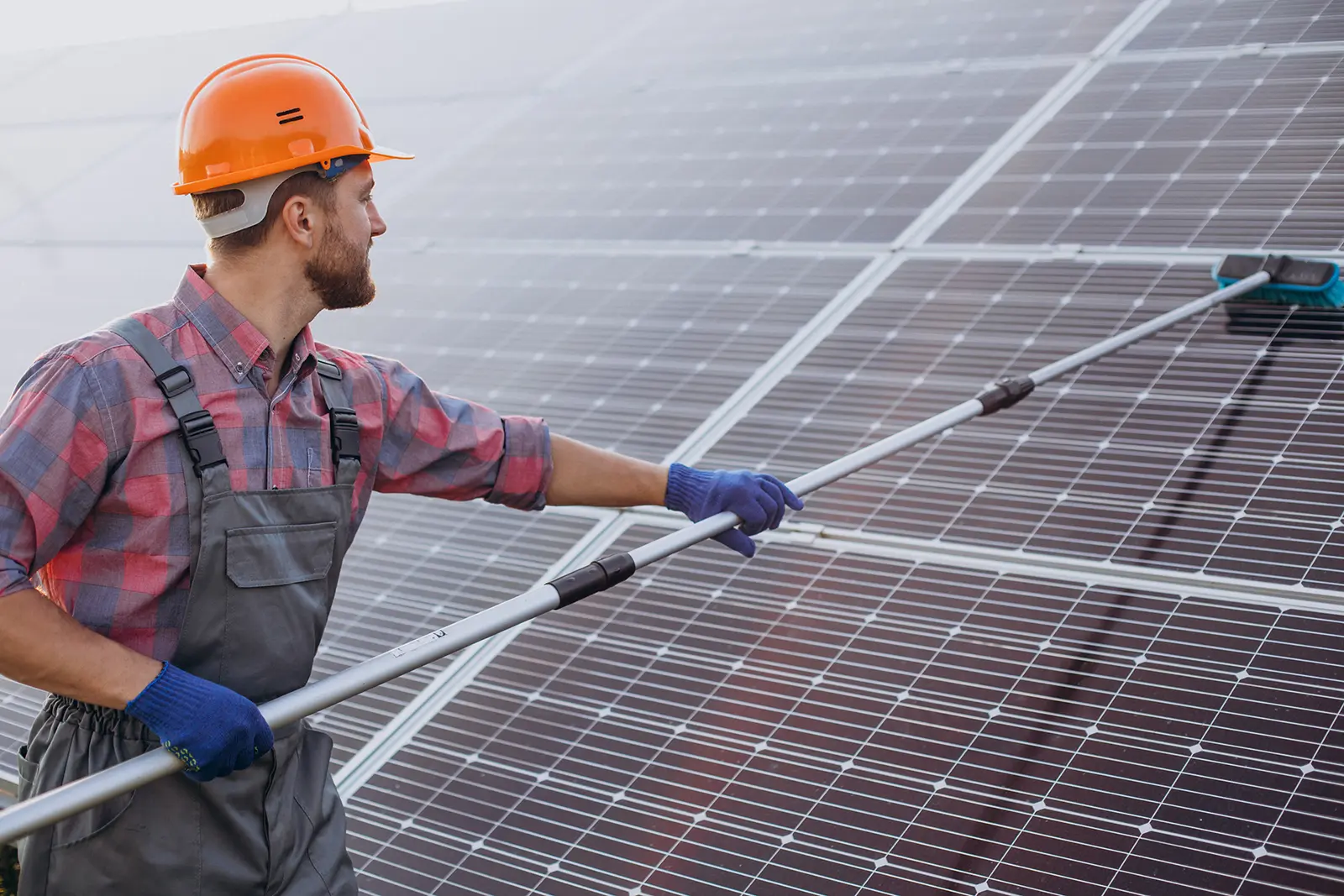News and activities
Thai government's solar energy promotion policy: Moving towards clean energy
22 October 2024

The Thai government places great importance on promoting the use of solar energy to reduce dependence on fossil fuels, reduce energy costs, and help reduce global warming. Various policies and support measures have been issued to encourage citizens and businesses to use this type of clean energy more.
Reasons why the government promotes solar energy
- Reduces dependence on imported energy: It helps reduce the import of oil and natural gas, which are energy with volatile prices.
- Reduces energy costs: Generating electricity from solar power for your own use will help reduce electricity costs in the long run.
- Reduces greenhouse gas emissions: Helps reduce global warming and environmental problems.
- Creates energy security: Having a variety of renewable energy sources will help the country have more energy security.
- Promotes the economy: Investing in solar power will help create jobs and stimulate the economy.
Policies and Supporting Measures
- Feed-in Tariff (FiT) Project: This is a system for purchasing electricity from small electricity producers, where the government will purchase electricity produced from solar cell systems at a price higher than the normal electricity rate.
- Tax reduction measures: For those who invest in installing solar cell systems.
- Low-interest loans: Many commercial banks offer low-interest loans for those who want to invest in solar cell systems.
- Solar Rooftop Project: Encourages people to install solar cells on their roofs.
- Solar Farm Project: Promotes the production of electricity from solar cells in large areas.
- Promotion of research and development: Supports research and development of technologies related to solar energy.
Impact of the promotion policy
- Growth of the solar cell industry: More investment in the solar cell industry.
- Job creation: Create jobs in the energy sector and related sectors.
- Greenhouse gas emission reduction: Help the country achieve its greenhouse gas emission reduction targets.
- Increase the share of renewable energy: Help increase the share of renewable energy in the country's power system.
Obstacles and Challenges
- High Investment Cost: Installing a solar system remains expensive for some groups of people.
- Payback Period: Payback periods can vary depending on a number of factors.
- Lack of Experts: There is still a shortage of experts in solar system installation and maintenance.
- Changing Policies: Changing government policies can impact investments.
The Future of Solar Energy in Thailand
The Thai government remains committed to promoting the increased use of solar energy, with the goal of increasing the share of renewable energy in the country’s power system. Support from the government, along with the public’s awareness of the importance of clean energy, will be key factors in driving Thailand towards becoming a clean energy society in the future.
Advice for those interested in installing solar cells
- Research: Study information about solar cell systems and government support policies in detail.
- Consult Experts: Consult a solar energy expert for advice.
- Check quality: Choose a reliable and experienced contractor.
If you are interested in installing a solar rooftop, please contact Energy X Co., Ltd.

- 22 October 2024


